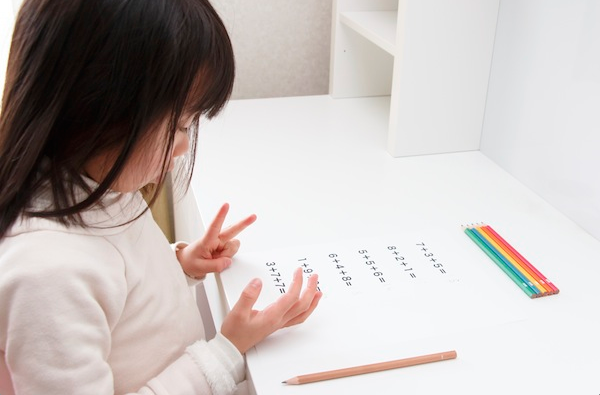
“Let’s start the school year right,” you tell your child each fall. “It’s time to buckle down and establish good study habits. For starters, lose the Xbox and the remote control. And while you’re at it, color-coordinate your notebooks, keep an assignment checklist and label your folders.” At least that’s what you’d like to say.
What you’re probably saying — make that shouting — goes more like this: “You’ve been texting your friends for two hours now! Get off that phone and do your homework!” Which brings us to the classic question about homework: Just whose responsibility is it? Certainly not the parents’, educators will be quick to tell you. But they’ll add a critical caveat to that: Parents must provide a home environment that’s conducive to learning. “The kind of environment kids need differs at every grade level,” says Marilyn Price-Mitchell, president of the National ParentNet Association, an organization that helps schools and parents increase parent involvement at school and home. “But making sure children have strategies to help them learn at home is what’s most important for kids’ success.”
What strategies? It depends on the student. Each child is different — and parents need to find out just what works for theirs. Get organized.
Here’s something that works for just about every child: getting organized. For some kids, that means finding a way to help them remember what the assignments are. “We tell them, ‘Get a three-ring binder and write everything down,’” says Eric Cohen, founder of Mercer Education, a Seattle-area tutoring and test prep company. Parents should check those assignments — and make sure their child doesn’t wait until the last minute to do them, he says. Next, find your child a good workspace. “Where your child does his homework comes up a lot in parent discussions,” Price-Mitchell says. “Should there be a computer in your child’s room? Can you eliminate every distraction? These are things that are debated constantly.” A quiet environment is crucial. That means no interruptions — and no TV or texting. “Kids need regularity and predictability,” says Cohen. “They should know this is homework time. It’s harder for kids to understand something is expected of them when there’s chaos.”
Partner with your child’s teachers. What are the school’s expectations? What are the other kids in the class doing? Be vigilant and responsive — but don’t pester the teacher or make unreasonable demands on them. “Parents must understand that teachers are often overwhelmed,” Cohen says. Connect with the other parents and compare notes. What kinds of time-management strategies do other families use in their homes? How do they set goals so the big pieces of homework get done? Don’t do your child’s homework for him — that won’t help him learn. Sometimes, when a child hasn’t done his homework, parents panic and step in. “The lesson the child learns is, ‘When I’m failing, my parents will bail me out,’” says Price-Mitchell. Very young children may need guidance with assignments. But encourage your child to do as much as possible without your help. “If hand-holding goes on forever, kids won’t develop independence or the confidence to develop skills on their own,” Cohen says.
Homework tips
• Make sure the television isn’t on — not even as background noise.
• Provide an environment where there are books around.
• Take the kids to the library or the bookstore on a regular basis.
• Assume that your children will have studying to do every night.
• Ask your children if they understand their homework. If they do not, work a few examples together.
• Ask your children to show you their homework after the teacher returns it, to learn where they’re having trouble and where they’re doing well.
• Stay in touch with your children’s teachers. Ask about their classes and what they are studying. Ask their teachers how you can support what they are studying (flash cards, spelling, etc.).
• Don’t be afraid to get in touch with the teacher if you and your child don’t understand an assignment or if your child is having a great deal of trouble. Almost all parents run into these problems, and teachers are glad to help.
• Show your children that you think homework is important. If you are at work during homework time, ask to see their work when you get home. • Praise your children for doing well. Make praise a habit.
• Don’t do your children’s work for them. Help them learn how to do it themselves.
• Remember, you and their teachers want the same thing — to help your children learn.
• Ask your school about tips or guides for helping your children develop good study habits.
• Help older students organize their assignments by recording them on calendars or planners, along with due dates, dates turned in, etc.



























